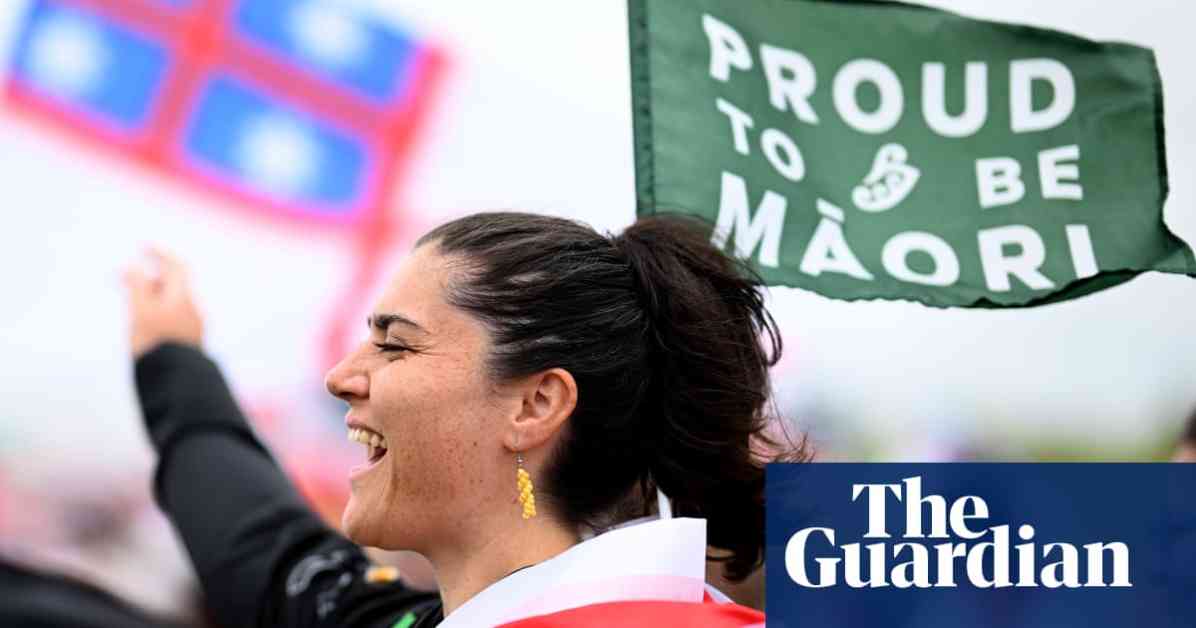Record Crowds Expected for Waitangi Day Celebrations in New Zealand
Organisers are bracing for a surge in attendees at New Zealand’s national day event, Waitangi Day, commemorating the historic treaty signing between Māori tribes and the British crown. As tensions simmer over the government’s policies affecting Māori communities, this year’s celebrations are poised to draw unprecedented crowds to the scenic Waitangi grounds in the Northland region.
Anticipated Record Attendance
In February 2025, throngs of people are set to flock to Waitangi in a show of solidarity and festivity. Last year saw a staggering 80,000 individuals from all corners of the country converging at the historic site to pay homage to the Treaty of Waitangi inked in 1840. This year’s event is projected to surpass previous turnouts, with an influx of visitors expected.
Mixed Sentiments and Festive Atmosphere
While some attendees may arrive with a sense of discontent towards the government’s perceived erosion of Māori rights, Pita Tipene, chair of the Waitangi National Trust, emphasizes a shift towards a more celebratory ambiance. Beyond political undertones, the occasion has morphed into a jubilant festival where families can revel in the festivities and reflect on the significance of Waitangi Day.
“It is becoming much more a festival atmosphere … and people know they can come there, bring their children and grandchildren and have a good time,” shared Tipene, underscoring the multifaceted nature of the event.
Prime Minister’s Controversial Decision
However, Prime Minister Christopher Luxon’s announcement to forgo attending the Waitangi Day celebrations has sparked a flurry of criticisms and accusations of evasiveness. Despite opting for smaller gatherings across the country, his absence at this pivotal event has been met with disappointment and calls for greater engagement with Māori leaders to address pressing issues.
Luxon’s decision to skip the formal festivities amidst contentious policy debates surrounding Māori welfare and the interpretation of the treaty has underscored the need for open dialogue and unity. As New Zealand approaches the bicentennial of the treaty signing, maintaining a cohesive vision for the future remains paramount.
While the Waitangi Day celebrations are slated to be a grand affair, the absence of key political figures raises poignant questions about the direction of the nation and the imperative of inclusive governance. As attendees gear up for a day of merriment and reflection, the spirit of unity and dialogue resonates more strongly than ever.
















